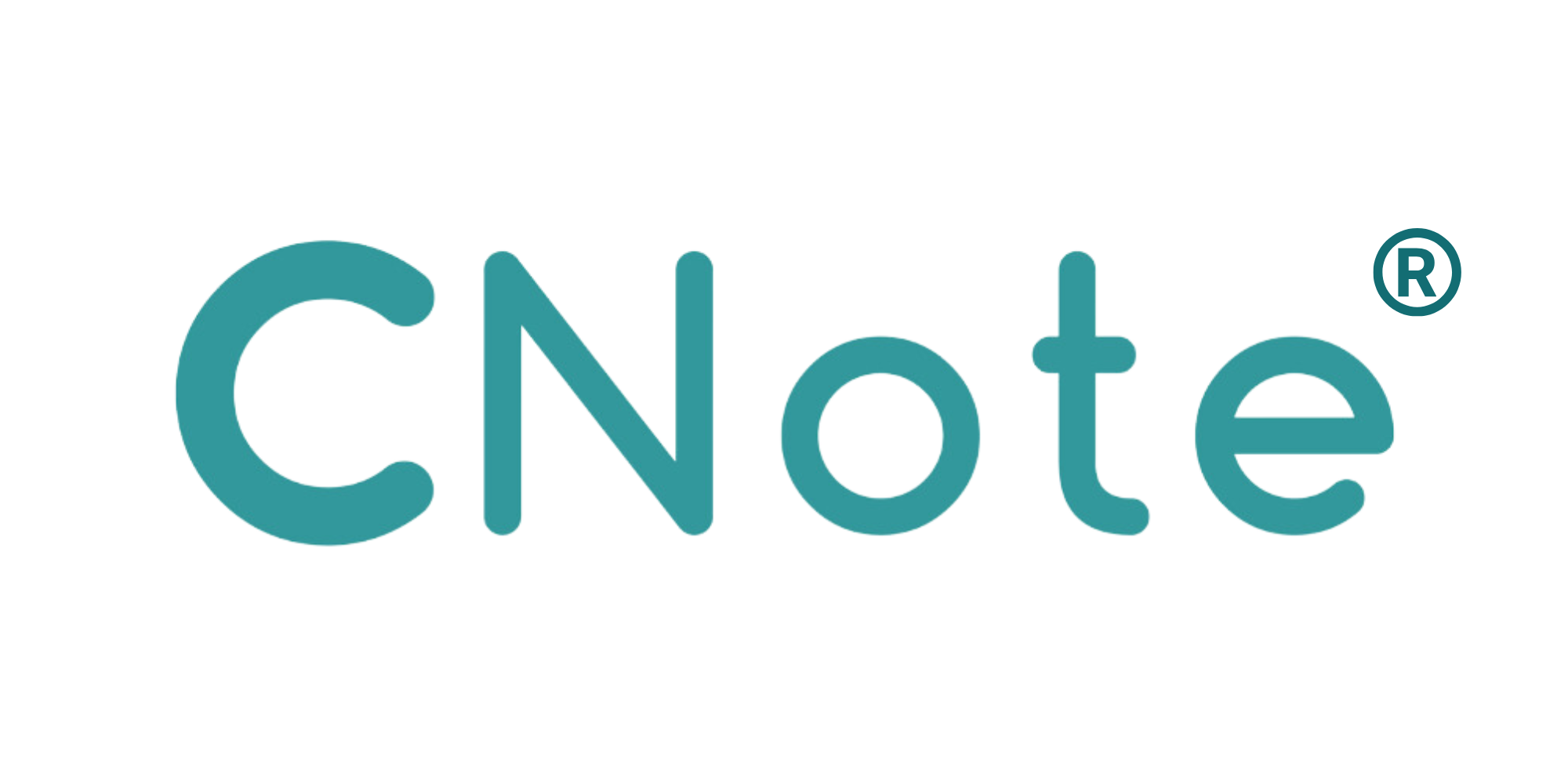When companies consider cash management, their primary focus is typically on safety, liquidity, and yield. But cash can do more than sit in a low-yield account or a money market fund. By placing deposits with community-focused banks and credit unions, companies can keep their money safe while also supporting critical needs like affordable housing.
It’s a practical way to align treasury strategy with impact, without sacrificing financial security.
Why Affordable Housing Needs Capital
Affordable housing is one of the most pressing issues in the U.S. The Department of Housing and Urban Development (HUD) reports that millions of Americans spend more than 30% of their income on housing, with many paying far more. The result is less money for food, healthcare, and savings, straining households and communities (source: census.gov).
Community Development Financial Institutions (CDFIs), including CDFI banks and credit unions, step in to close these gaps. By providing loans for affordable housing projects, they help ensure that families and workers have safe, stable homes. But to do that work, they need deposits.
Safe, Insured Deposits That Drive Impact
For companies, placing deposits with mission-driven banks looks and feels just like traditional banking because it is. Deposits at CDFI banks are insured by the FDIC, and credit union deposits are insured by the NCUA.
That means funds are:
- Safe: Covered up to $250,000 per depositor, per institution.
- Liquid: Structured to meet corporate treasury needs.
- Impactful: Every dollar deposited expands the lending power of community banks, credit unions, and CDFIs.
This is the essence of insured cash management: capital preservation combined with purpose.
Real-World Example: Ignacio, Colorado
An inspiring case comes from First Southwest Bank, a CDFI in rural Colorado. The town of Ignacio faced rising housing costs that left workers struggling to live where they worked.
To change that, First Southwest Bank provided:
- A $2.2 million low-rate loan to the local housing authority.
- Another $1 million loan through its Affordable Housing Investment Fund, fixed at 3.0%.
Together, these deposits and mission-driven loans made it possible to build modular, affordable homes for the town’s workforce. For the employees and families moving into those homes, the impact is life-changing. For the companies that placed deposits at the bank, it’s proof that their cash contributed directly to affordable housing solutions.
Read full story here: https://www.mycnote.com/blog/first-southwest-bank-affordable-housing/
Ways Companies Can Support Affordable Housing Through Cash
There are multiple entry points for corporate treasuries and finance teams:
- Deposit directly with CDFI banks and credit unions
- A good fit for modest sums or when supporting local institutions in your community.
- A good fit for modest sums or when supporting local institutions in your community.
- Leverage platforms that simplify diversification
- Services like CNote allow companies to place cash across a network of CDFIs t, ensuring deposits remain FDIC/NCUA insured while scaling impact nationally.
- Services like CNote allow companies to place cash across a network of CDFIs t, ensuring deposits remain FDIC/NCUA insured while scaling impact nationally.
- Fund pre-development lending
- Early-stage costs (like permits or land acquisition) often derail affordable housing projects. CDFIs frequently provide this type of catalytic financing. (Source: MultiFamilyAffordableHousing.com)
- Early-stage costs (like permits or land acquisition) often derail affordable housing projects. CDFIs frequently provide this type of catalytic financing. (Source: MultiFamilyAffordableHousing.com)
- Support community land trusts
- Deposits with institutions that finance Community Land Trusts help keep homes affordable across generations. (source: NLC.org)
- Deposits with institutions that finance Community Land Trusts help keep homes affordable across generations. (source: NLC.org)
Why It Matters for Companies
Aligning cash management with affordable housing initiatives isn’t just good citizenship. It’s also:
- A reputational win: Demonstrates commitment to corporate responsibility and community investment.
- A treasury-friendly move: Offers diversification while staying compliant with investment policies.
- A measurable outcome: Impact reports connect deposits directly to housing units created, jobs supported, and local economic growth.
Every company holds cash. The real question is whether that cash simply sits or whether it helps build homes, stabilize families, and strengthen communities.
By directing deposits to CDFI banks and credit unions, companies can turn their cash management strategy into a force for affordable housing. It’s a way to meet financial goals while investing in a future where more people can afford a place to call home.
* The information provided is for informational purposes only and should not be construed as investment, legal, tax, or accounting advice. Investing involves risk and investment decisions should be based on an evaluation of the unique financial situation, needs, risk tolerance and investment objectives. Consult with a financial adviser or investment professional to determine what investment strategy makes sense for you.Certain information contained herein has been obtained from third-party sources believed to be reliable but has not been independently verified. No representation or warranty, express or implied, is made by CNote or any other party as to the accuracy or completeness of such information, and CNote assumes no responsibility for it.


